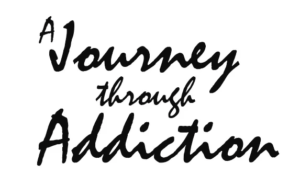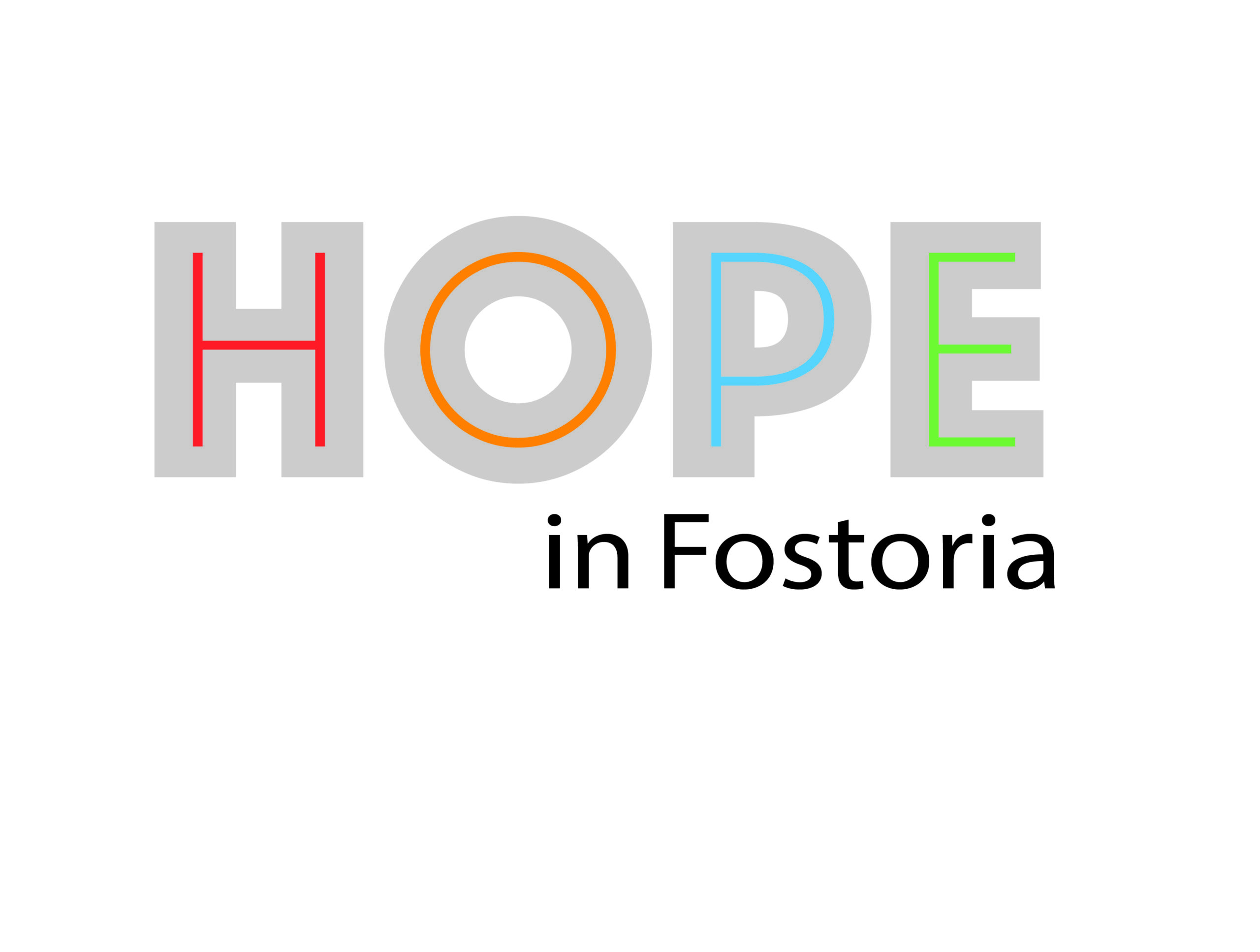 By LINDA WOODLAND
By LINDA WOODLAND
MANAGING EDITOR
Addiction can cost the user everything — their family, their job, their home, even their life.
But it doesn’t have to end there.
“Recovery is possible,” said Mircea Handru, executive director of the Mental Health and Recovery Services Board of Seneca, Sandusky & Wyandot Counties.
Handru said it is usually a catastrophic event that makes addicts decide they want to quit using substances.
“They are either in the midst of losing their children, financially maybe they are bankrupt, they lost their job, they lost their house. It could be they have been incarcerated. They have broke the law so many times they are now in jail and at their lowest point. It may even be that their best friend just overdosed and died.”
For those who want to quit, the first step is easy.
“Call me,” Handru said. “If they call our office first, we do services to match their needs.”
He said when it comes to treatment, one size does not fit all. Factors that can influence how a treatment plan is designed include what an addict has been using, how long they have been using, whether the user has access to transportation, and how motivated they are.
“If you have a daily user, the first thing is we got to send them to detox so we can get the drugs out of their system. Just as important is what we do with them after seven days,” he said, adding that now the former user has to return to regular life.
“Do they have the right structure around them, do they have a healthy environment, do they have family support, or do I have to look at moving them away (from their previous environment)?”
He said although relapses are possible when quitting drugs, relapses are also dangerous.
“The drugs today are so powerful that the second or third (relapse) they might overdose and die. We see so many synthetic drugs that are extremely powerful, even way more powerful than heroin, that these people don’t have a second chance. While we understand that is part of the recovery process to relapse, sometimes the drugs are so powerful that they relapse and they don’t make it any further. And that’s the scary thing that I think people need to realize.”
Handru said the cost of recovery should not prevent anyone from seeking treatment, as Medicaid or private insurance will cover the cost. While many users may not have insurance and have not bothered to go through the process to receive Medicaid, that is not a problem.
“We help with that. Anybody who is Medicaid-eligible, we help them enroll in Medicaid. But we start services immediately,” he explained. “I don’t worry about when Medicaid is going to kick in. We’re going to start treatment right away.”
He said county levies for the Mental Health and Recovery Services Board ensure that nobody goes untreated because of income.
Handru said one thing family members of users can do to help their loved one is to encourage them to seek treatment and to understand that recovery is possible.
“Life is better without drugs,” he said.
He said letting the user know that their loved one will be there for them is also important.
“Let them know there are resources available to help them. Give them our phone number. Educate them that oftentimes you might not have a second or third chance.”
EDITOR’S NOTE: The Mental Health and Recovery Services Board of Seneca, Sandusky & Wyandot Counties’ 24/7 crisis hotline is 1-800-826-1306.

Recent Comments